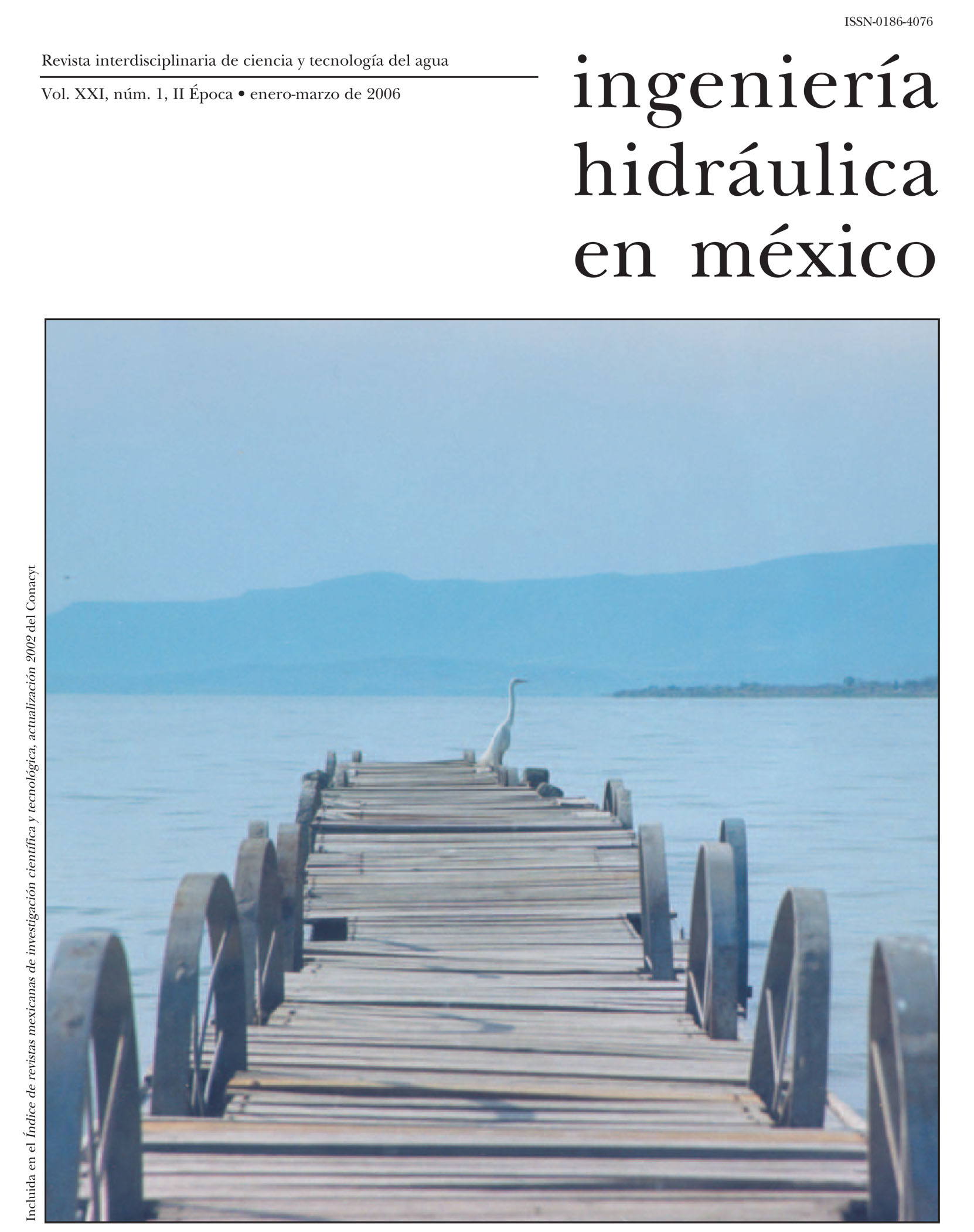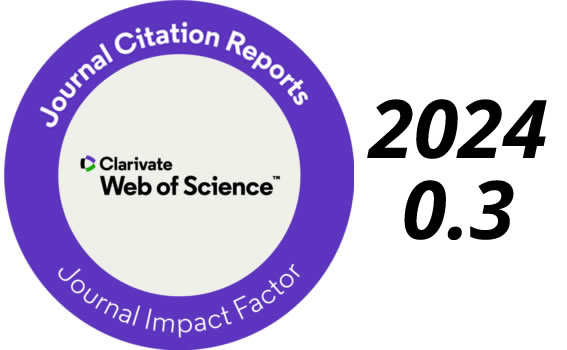Economic evaluation of two public policies to control water pollution
Keywords:
public policies, applied general equilibrium, public economy, water pollution, water economy, fiscal incidence, non linear programming, optimizationAbstract
Since Pigou proposed that the internalization of the negative externalities could be done calculating a tax in order to correct the difference between private costs and social costs; this will recover the conditions of economic efficiency in all the hydraulic legislations of the world, however, this advice has been applied in conditions of great shortage; it could be thought that to burden the consumptive use could be more suitable than to burden the production of residual water reaching this way not only the recovering of social efficiency but also a double dividend: to stimulate the water recycling. This work evaluates the effect of the tax charging to the consumptive use will have over a fake economy. The achieved results of a residual water production tax. The contrast is done using a model of computable general equilibrium with the Arrow-Debreu assumptions relaxed with the introduction of a government that collect the proposed taxes in a previously distorted economy. The collection distributes through a direct transference to the revenue of the consumers, the model calibrates and resolves following the methodology proposed by Shoven & Whalley (1984).
Downloads
Published
How to Cite
Issue
Section
License
By Instituto Mexicano de Tecnología del Agua is distributed under a Creative Commons Attribution-NonCommercial-ShareAlike 4.0 International License. Based on a work at https://www.revistatyca.org.mx/. Permissions beyond what is covered by this license can be found in Editorial Policy.









